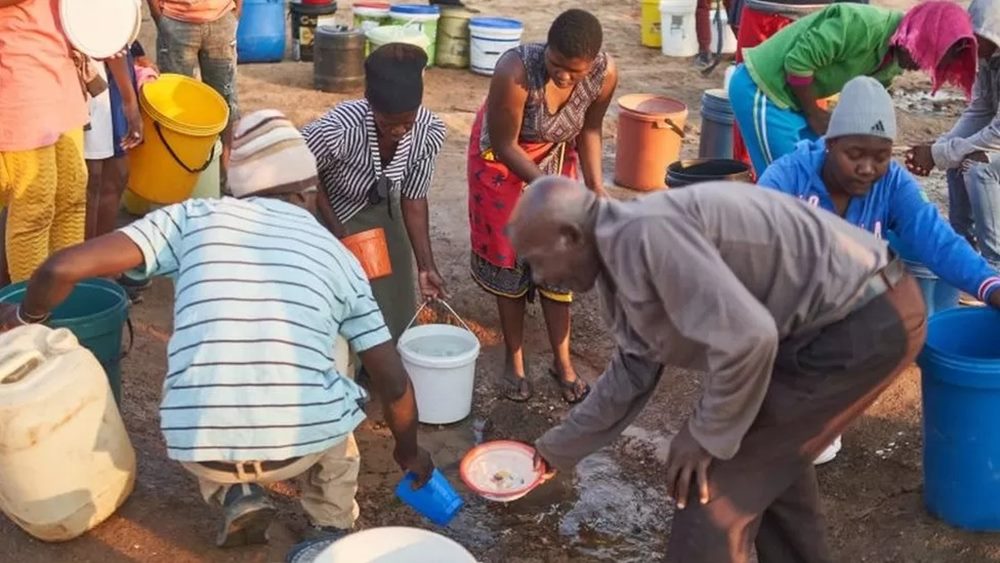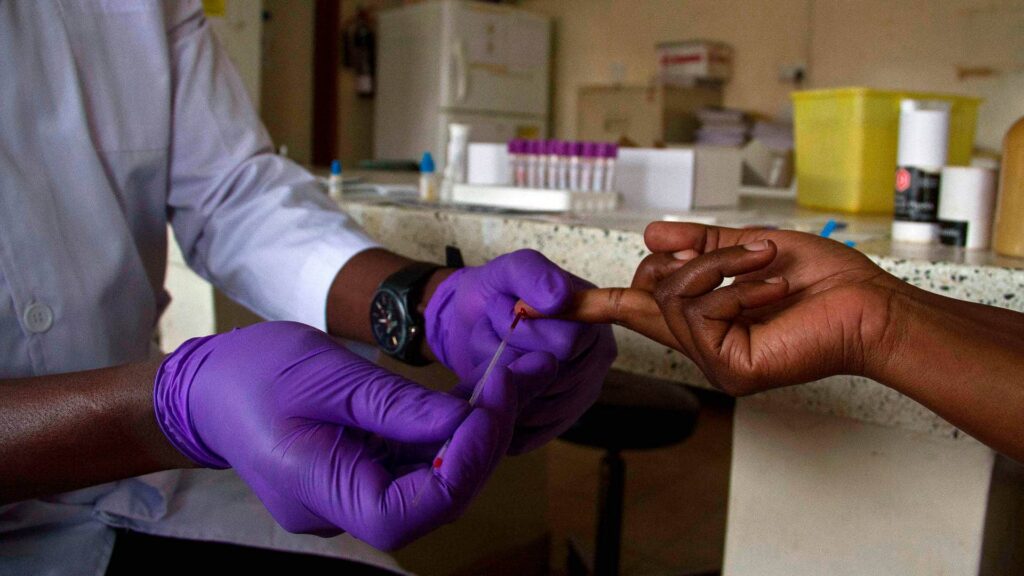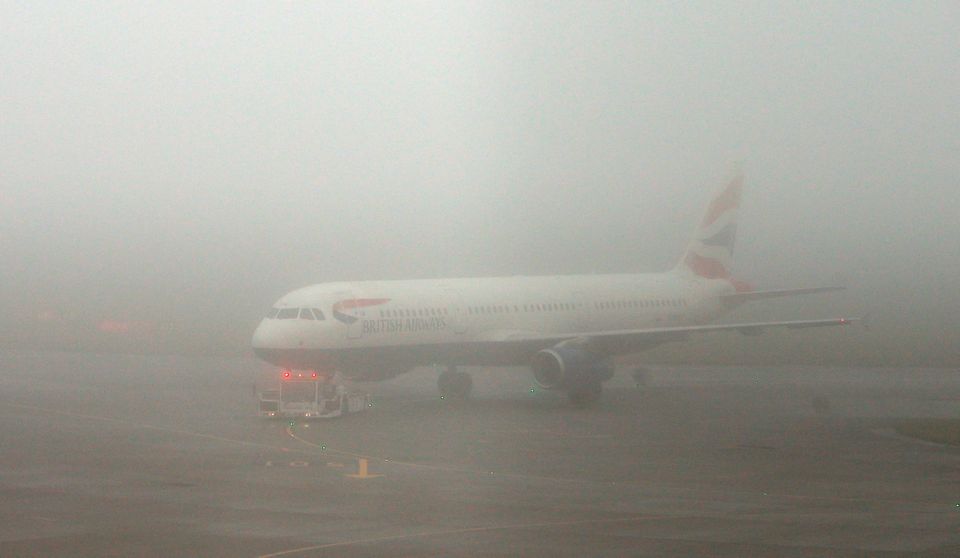Amidst a deadly cholera outbreak in Zimbabwe, the government has implemented new measures aimed at halting the spread of the disease. The capital city, Harare, has been placed under a state of emergency, with over 1,200 laboratory-confirmed cases reported across ten provinces in the country.
To address the crisis, the Zimbabwean government has established 46 cholera treatment camps and multiple oral re-hydration points, ensuring that essential services are easily accessible to affected individuals. Hand washing stations and sanitation devices will be installed in public areas to minimise the risk of person-to-person transmission. Furthermore, the government plans to train and deploy approximately 300 healthcare personnel who will conduct door-to-door campaigns to educate the public about cholera.
Acting Health Minister Amon Murwira emphasised the importance of community engagement and collaboration in tackling the outbreak. Various initiatives, such as community dialogues, inter-faith discussions, and stakeholder sensitisation programs, have been scheduled for districts with high cholera incidence rates.
In addition, the government has taken steps to ensure the provision of safe water in affected urban areas. Water tracking systems will be implemented immediately, while water quality monitoring will be conducted across all regions. The supervision of burials in cholera-affected areas will be strengthened, and restrictions on gatherings in such locations will be intensified, according to Information Minister Jenfan Muswere.
The Zimbabwean authorities are taking these stringent measures to curb the spread of cholera and protect public health. Cholera is a highly contagious waterborne disease that can cause severe illness and death if left untreated. By prioritising public awareness, access to treatment, and sanitation practices, the government aims to mitigate the impact of the outbreak and safeguard the well-being of its citizens.









No comment yet, add your voice below!